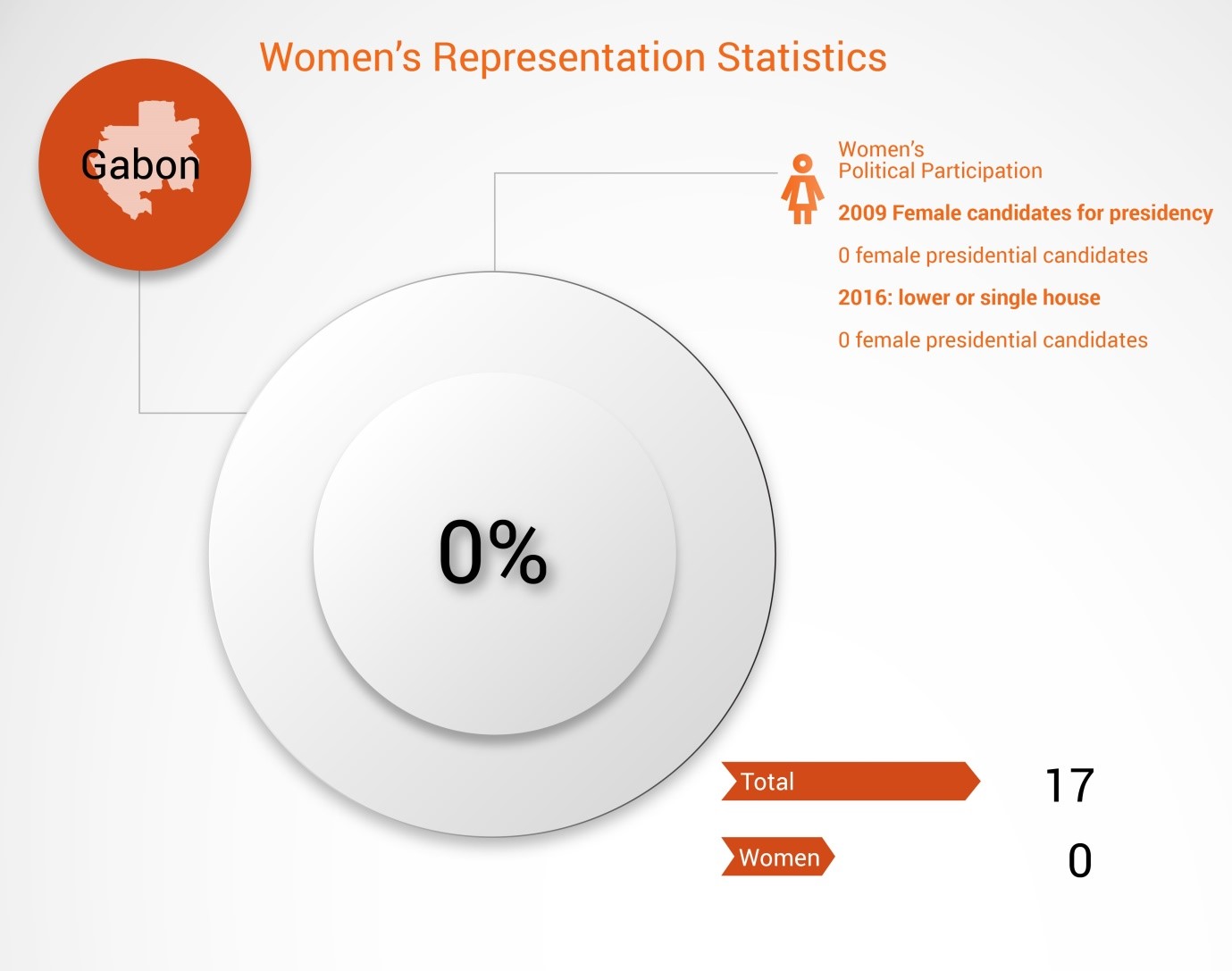2016 Elections Monitoring
Presidential elections in Gabon were held on the 27th of August, 2016.
According to the final tally announced, incumbent President Ali Bongo won by 49.8%, while his opponent, Jean Ping, got 48.23%. Over 628,000 people took part in the vote out of a total of 1.8 million citizens of Gabon. Ping strongly disputed the outcome and said votes were manipulated. He rejected the results and called for a recount. Immediately after the announcement of the results, deadly riots broke out in the capital. European Union also stated that the process lacked transparency. On the other hand, the African Union– which sent 75 observers – congratulated the Gabonese for holding peaceful elections.
Gabon’s Constitutional Court upheld the reelection of incumbent president Ali Bongo, extending his family’s five-decade rule in the nation. Gabon is a republic with a presidential form of government. The president is elected by universal suffrage for a seven-year term with no term limits. Gabon has a bicameral Parliament consisting of the Senate composed of 102 seats and the National Assembly consisting of 120 seats.
While a total of 14 candidates stood for elections this time, there were no female candidates. Currently, a total of 35 women hold seats in the Parliament (15.77%), 17 women in the National Assembly (14.2%) and 18 in the Senate (18.2).
Women’s Political Participation
Gabon ratified CEDAW in January 1983. In January 2005 Gabon ratified the Maputo Protocol. Although the President of the Republic of Gabon mandated a 30% representation of women in decision-making bodies, the country has yet to achieve this goal. As of October 2016, 14.2% of the seats in the Lower House were held by women, which is a decrease from previous years. In the Upper House, women represented 18.2% of the members, which is also a decrease from 2014, when 20% of the members were women. Even the proportion of women in ministerial level positions has continued to decline. The Gabonese Government stated in its reply to CEDAW, that it is taking steps to achieve gender equality through a series of reforms initiated since 2009, such as Gabon's Human Investment Strategy.
When it comes to human rights violations, violence against women remains widespread in Gabon. According to Amnesty International, there are legal, social, and cultural obstacles to full equality for women. The legal code includes discriminatory wording on marriage, divorce, child custody, the minimum age of marriage, equal inheritance rights, and rights under polygamy. Domestic violence is illegal, but common. Rape is against the law but seldom prosecuted, and only limited medical and legal help is available for the victims. Female domestic workers, a number of whom are trafficked women and children, have been threatened and sexually harassed, with almost no recourse to legal help or justice.
Civil society organizations from Gabon have expressed concerns about persistent gender-based discrimination in laws and practice, gender-based violence and access to justice for women.
Conclusion
Although the Gabonese government is trying to take measures towards the enforcement of women’s rights, when it comes to improving female participation, women continue to be politically underrepresented, particularly at the decision-making level.
Noting that certain provisions in Gabon’s legal framework perpetuate negative stereotypes of women, it is important to bring the country’s national legislation fully in line with the provisions of the CEDAW.
CEDAW recommends that awareness-raising regarding political participation and training in female leadership will greatly help Gabonese women become aware of their importance (electoral impact) and competence in politics. In addition to this, the government needs to put in more efforts towards not just the implementation of laws but also reform discriminatory provisions.
Socio-cultural and economic obstacles which pose a major hurdle to women’s rights in the country must be combated by improving women’s access to justice, increasing awareness raising on women’s rights, increasing the national budget specifically dedicated to women’s advancement, promoting women’s participation in both the public and private sectors, reduction of gender violence, improving women’s access to health and striving for a better legal framework which not only protects but also promotes women's rights in the country.

